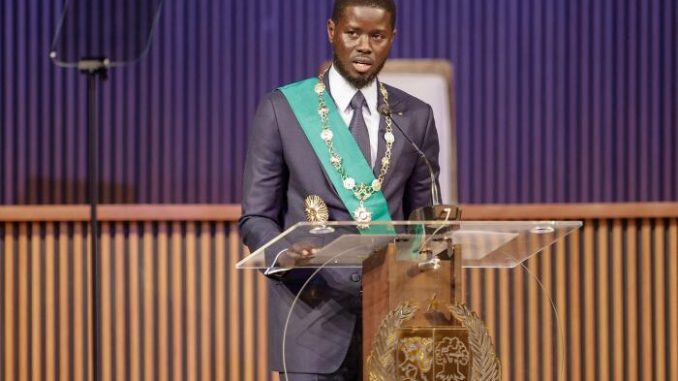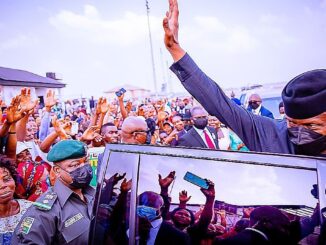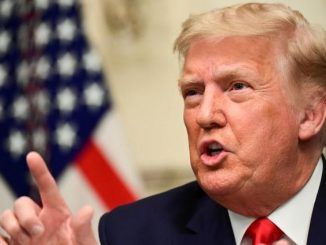
Senegal inaugurated Bassirou Diomaye Faye as its new president on Tuesday, completing the previously little-known opposition figure’s dramatic ascent from prison to the palace in recent weeks.
Faye was released from prison less than two weeks before the March 24 election, along with popular opposition figure and mentor Ousmane Sonko, following a political amnesty announced by outgoing President Macky Sall. It is the former tax inspector’s first time in elected office.
Senegal’s new left-wing President Faye as he assumed power on Tuesday, April 2, urged “more solidarity” between African countries “in the face of security challenges” after being sworn in as the country’s youngest president.
“At the African level, the scale of the security challenges… obliges us to show more solidarity,” he said in front of hundreds of officials and several African heads of state at an exhibition centre in Diamniadio near the capital Dakar. “I reaffirm Senegal’s commitment to strengthening efforts to promote peace, security, stability and African integration,” he added.
Reacting to the victory, Aissata Sagna, a 39-year-old factory worker who worked on Faye’s campaign said, “It’s the culmination of a long struggle for democracy and the rule of law.”
“This is a day of celebration for us, even if we have lost young people killed during the demonstrations.”
In his first speech as president-elect, Faye promised to fight corruption and reform the economy.
ALSO READ: From prison to palace: At 44, Faye set to become Senegal’s next president
A practicing Muslim from a small town, Faye has two wives, both of whom were present on Tuesday. Ahead of the election, he released a declaration of his assets to show transparency and called on other candidates to do the same. It listed a home in Dakar and land outside the capital and in his hometown. His bank accounts totaled roughly $6,600.
“I think the first challenge is the formation of his (Faye’s) government,” said Alioune Tine, founder of the Senegalese think tank Afrikajom Center. “This will be the first concrete message he sends to the Senegalese people. The size, diversity and profiles will be analyzed with a fine-tooth comb, to see if they meet the demand for a break with the past.”
The new president was little known until Sonko, a popular opposition figure who came third in the previous election in 2019, named him to run in his place after being barred from the election for a prior conviction. While Sonko’s future role in the new administration is unclear, he is expected to have a prominent role.
Faye was arrested for alleged defamation last year, while Sonko faced a number of charges, including a prolonged legal battle that started when he was accused of rape in 2021. He was acquitted of the rape charges but was convicted of corrupting youth and sentenced to two years in prison last summer. Sonko’s supporters say his legal troubles were part of a government effort to derail his candidacy.
While Sall eventually ruled out running for a third term, he then abruptly postponed the election in February with only weeks to go, triggering another wave of protests. That move was blocked by the country’s constitutional court and the election was eventually held weeks later in March.




